
Boston Braves (1876-1952)
First Game April 22, 1876
Final Game September 28, 1952

Historical Moments
After the National Association (the first entirely professional league) folds, the Boston Red Stockings who were founded by George and Harry Wright, the people behind the birth of professional baseball in Cincinnati in 1869, joins the newly formed National League. On April 22nd, the Red Stockings played in the very first National League game, scoring two runs in the ninth inning to beat the home-standing Philadelphia Athletics, 6-5, before a crowd of 3,000.
Boston would go on to finish in third place with a 39-31 record.
Boston Braves (1876-1952) Best

Al Javery
1940-1946
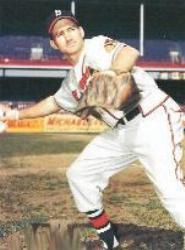
Alvin Dark
1946-1949

Babe Ruth
1935

Ben Cantwell
1928-1936

Bill James
1913-1915, 1919
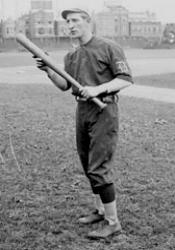
Bill Sweeney
1907-1913
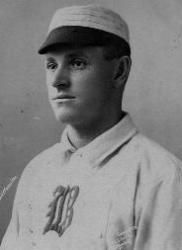
Billy Hamilton
1896-1901
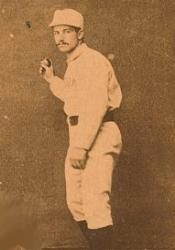
Billy Nash
1881-1885, 1891-1895
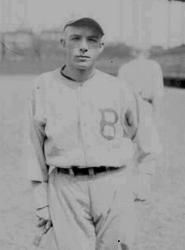
Billy Southworth
1921-1923
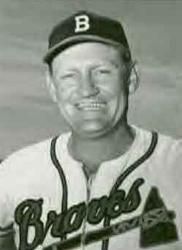
Bob Elliot
1947-1951
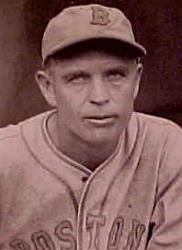
Bob Smith
1925-1930, 1933-1937
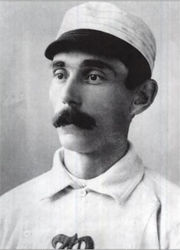
Bobby Lowe
1890-1901

Charlie Buffinton
1882-1886
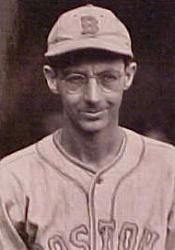
Danny MacFayden
1935-1939, 1943
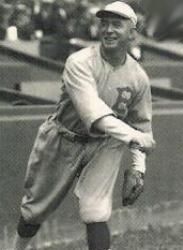
Dick Rudolph
1913-20, 1922-23, 1927

Earl Torgeson
1947-1952
Boston Braves (1876-1952) Stadiums
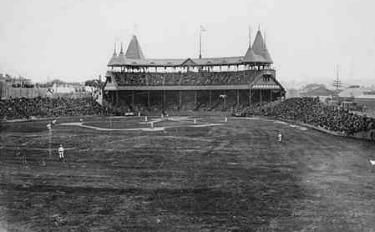
1876-1914

1915-1952
Championship Teams

1877 NL Champs Boston Red Stockings
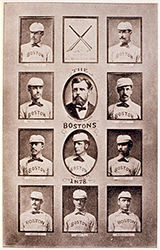
1878 NL Champs Boston Red Stockings
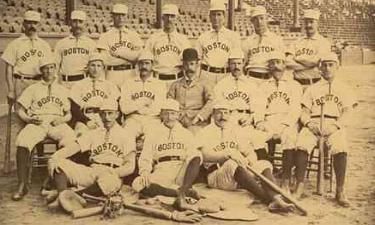
1891 National League Champions
Boston Beaneaters
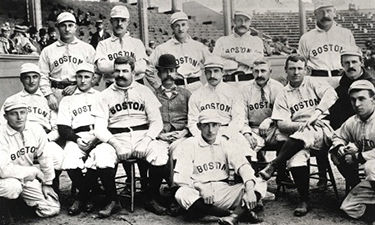
1892 National League Champions
Boston Beaneaters
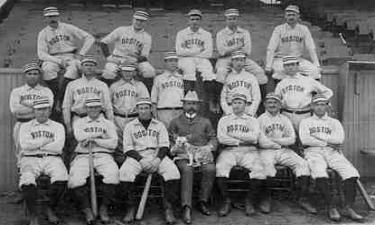
1893 National League Champions
Boston Beaneaters
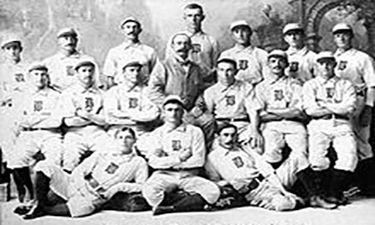
1897 National League Champions
Boston Beaneaters
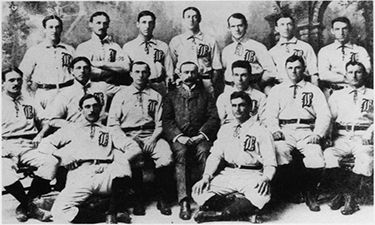
1898 National League Champions
Boston Beaneaters

1914 World Champions
Boston Braves